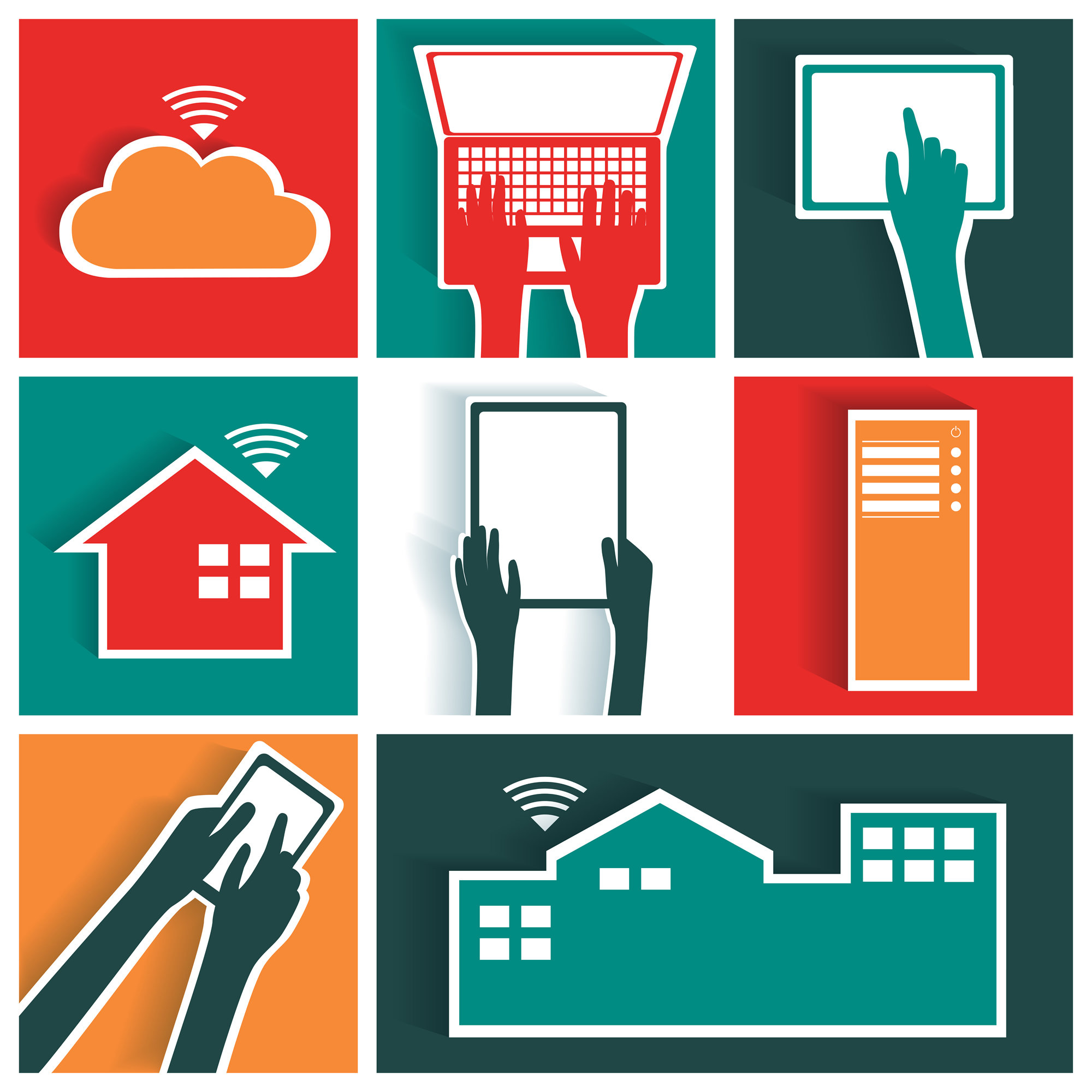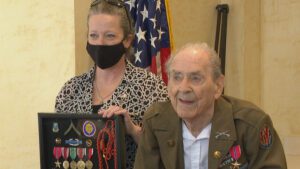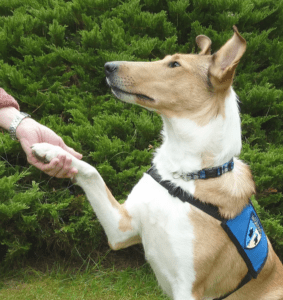By Donald Lachman, Special Projects Coordinator and Andrea Talmadge, Regional Coordinator – WestCare Washington/WAServes
The COVID-19 pandemic with its resulting growth of teleservices and telehealth has highlighted a mounting crisis in our country referred to as digital equity. Simply put, it represents an increasing segment of our nation’s population that is unable to equally participate in the essential 21st-century information and services superhighway – the internet.
For many people experiencing this digital divide, there is often a combination of individual barriers contributing to their challenges. These include a variety of human conditions such as lower incomes, impaired health, sensory disabilities, and social isolation – all of which are feeding this digital chasm. Additionally, each subsequent generation of more advanced communication devices offering the latest in what’s new tends to deepen this divide as our older devices head towards extinction.
Data available from Washington State confirms that Medicaid claims for remote mental health appointments were almost nonexistent before COVID-19, but have climbed sharply to nearly 300,000 per month during the pandemic.
While people of all ages benefited from accessing telehealth services, the number of Medicaid claims for adults age 65 and older highlighted a disturbingly smaller use compared to other age groups. WestCare Washington (WCWA)/ WAServes began addressing the digital equity divide in 2019 when it teamed up with Timberland Regional Library, American Legion Post 227, and Lacey Veterans Services Hub to launch the Veterans Connection Café Program at multiple rural libraries.
To build on the success of this program while continuing to advance digital equity, WCWA is now proud to participate in a pilot project with Comcast and Operation Military Family (OMF). The pilot will address three facets to equitable connectively: 1) Network cost, 2) Client hardware and 3) Personalized internet and tech assistance.
Comcast was a recipient of the Emergency Broadband Benefit grant and will be providing the pilot program with low/no cost internet services, 100 new laptops for eligible participants, one-on-one technology ambassadors to assist participating Veterans, donations to support host sites, messaging assistance, materials, and compensation to OMF and WCWA for staff planning and community outreach.
WCWA is excited to team with these partners to promote digital equity for low-income and disabled Veterans. Among our shared goals are to create a successful pilot program that can be readily replicated to other populations served by Comcast and enroll a significant number of participating Veterans in comprehensive case management services offered by WAServes




